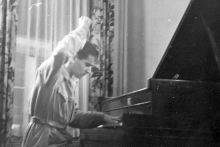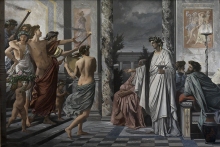A Quiet Place, an opera in three acts, continues the story of the family first presented in Trouble in Tahiti, acting as a sequel. A revision of A Quiet Place in 1984 incorporated Trouble in Tahiti into the second act as flashbacks.
Works
-
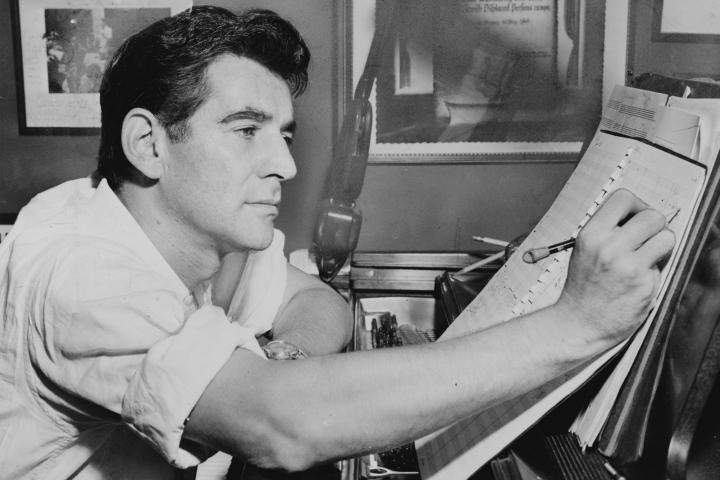 "Few composers capture their time and become the iconic voice of their age. Leonard Bernstein found his "voice" in the early 1940s and projected the sound of urban and urbane America from the period of World War II to the anti-war movements of the 1970s and the restoration of freedom in Europe, with the fall of the Berlin Wall and Soviet communism."
"Few composers capture their time and become the iconic voice of their age. Leonard Bernstein found his "voice" in the early 1940s and projected the sound of urban and urbane America from the period of World War II to the anti-war movements of the 1970s and the restoration of freedom in Europe, with the fall of the Berlin Wall and Soviet communism."
-Conductor John Mauceri
(Photo by Al Ravenna, 1955; via Wikimedia Commons)
Questions about programming, performing, and licensing?
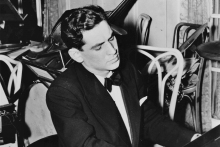
Seven Anniversaries, Four Anniversaries, Five Anniversaries, Thirteen Anniversaries Each set of Anniversaries consists of individual movements, each written for a different person in Bernstein’s life.
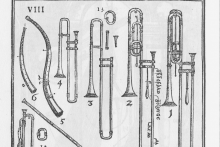
Leonard Bernstein completed his suite of brass pieces on April 8, 1959. They were written for members of the New York Philharmonic and received their premier at Carnegie Hall. The pieces were commissioned by the Juilliard Musical Foundation. This set of pieces is rarely performed as a set and are …
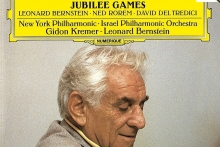
One of Bernstein’s last works, the Concerto for Orchestra was written for the 50th anniversary of the founding of the Israel Philharmonic Orchestra.
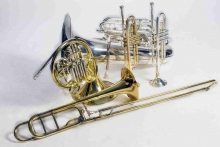
Bernstein's final composition, each of the five movements is dedicated to a choreographer-friend of his.
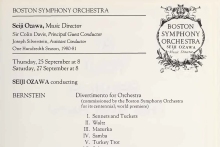
Leonard Bernstein composed Divertimento for the Boston Symphony Orchestra's centenary, dedicating the piece, "With affection to the Boston Symphony Orchestra in celebration of its First Centenary." Having served as assistant to BSO conductor Serge Koussevitzky at the Berkshire Music Center, Bernst…
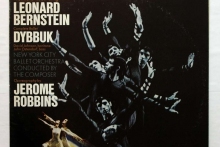
Dybbuk, a ballet by Leonard Bernstein and Jerome Robbins, is a fascinating exploration of Jewish mysticism, full of ghostly spirits and black magic. The score by Bernstein is among his most atonal and serialist compositions.
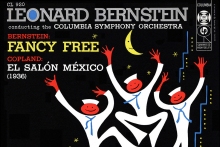
Leonard Bernstein and Jerome Robbins first collaborated in the mid-1940s on the instantly popular ballet Fancy Free, commissioned by American Ballet Theatre. First performed on April 18, 1944, this work, a piece about three sailors on shore-leave in New York City, served as inspiration for their n…
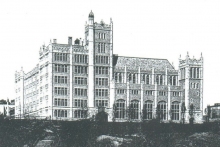
A short fanfare for brass and percussion, composed for the 25th Anniversary of the High School of Music and Art in New York City.
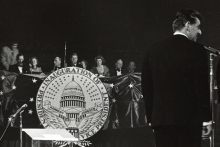
A short fanfare for ensemble penned for a gala held in DC on the eve of John F. Kennedy's inauguration.
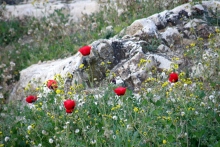
Bernstein dedicated Halil "to the spirit of Yadin [Tenenbaum] and his fallen brothers.” Tanenbaum was an Israeli flute student killed in his tank close to the Suez Canal during the 1973 war. The title "Halil" is the Hebrew word for flute.
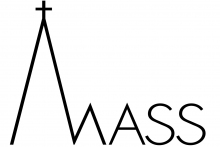
The eclecticism of MASS's music reflects the multifaceted nature of Bernstein's career, with blues, rock, gospel, folk, Broadway and jazz idioms appearing side by side with 12-tone serialism, symphonic marches, solemn hymns, Middle Eastern dances, orchestral meditations, and lush chorales, all un…
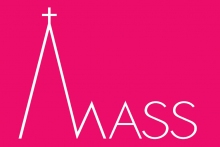
Premiered by Rostropovich at the Kennedy Center in D.C. in 1977, the Three Meditations from MASS for cello and orchestra are derived from Bernstein's stage production which encompasses everything from humble introspection to ceremonial dance.
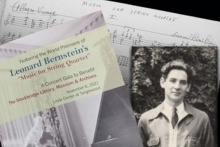
Leonard Bernstein's Music for String Quartet had its premiere performance on November 6, 2021, at Tanglewood's Linde Center, at a gala concert benefit for The Stockbridge Library, Museum & Archives.
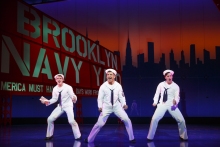
On the Town has been a classic since its original Broadway run in 1944, the show highlights the fleeting encounters and visceral energy of youth as three young sailors find love and excitement while on leave in New York City during one 24-hour period.
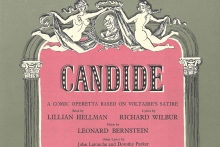
Candide (1956) is operetta in the vein of Offenbach and Gilbert and Sullivan, with all the wit, élan, and sophistication that is associated with that genre, and it is immediately apparent in the Overture—in sonata form, no less.
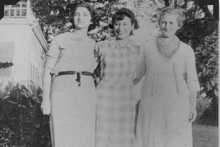
Bernstein composed his Piano Trio for piano, violin, and cello in 1937, while he was attending Harvard University.
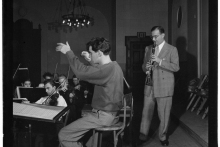
Originally written for Woody Hermann, this triptych for solo clarinet and jazz ensemble was dedicated to Benny Goodman and first performed by Al Gallodoro in 1955. The score reflects Bernstein's unique ability to embrace a style and make it his own. The three movements all share the exuberance and…

